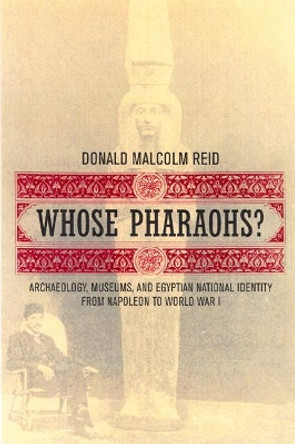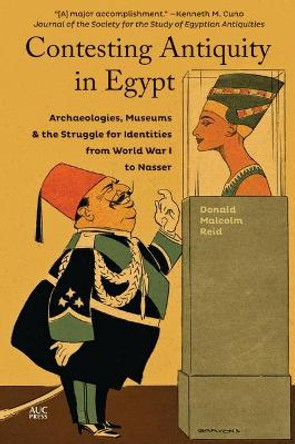Cairo University has been crucially important in shaping the national life of modern Egypt. It has educated much of the political, professional and cultural elite: doctors and lawyers, novelists and philosophers, bankers and prime ministers have all studied there. Founded in 1908 and for many years competing only with the religious mosque-university of al-Azhar, the European-inspired Cairo University quickly became the prime indigenous model for other state universities in the Arab world. Professor Reid has drawn on university archives hitherto untapped by Western scholars and a wide range of other Arabic and Western sources. He explains the university's part in the national quest for independence from Britain, in the perennial tension between secular and religious world views, and in the push for a more egalitarian society. Nasser and Sadat, Kings Fuad and Faruq, reformers Muhammad Abduh and Taha Husayn, nationalist hero Saad Zaghlul and Nobel Prize winner Najib Mahfuz all feature prominently in this fascinating history of modern Egypt's leading educational institution.
A fascinating history of modern Egypt's leading educational institution.Reviews"Donald Malcolm Reid has written a major work which is both instructive and genuinely entertaining to read....Complex as his subject is, he has managed to harness a great amount of material and to have presented a fascinating picture of one of the world's major national institutions....Well written and manageable in terms of data and argument, this sustained study of Cairo University, alma mater to Egypt's other state universities (except for Al Azhar), is a commendable study in Egyptian university history and in the wider scholarship of the history of universities." Jean-Pierre V. M. Herubel, Digest of Middle East Studies
Book InformationISBN 9780521894333
Author Donald Malcolm ReidFormat Paperback
Page Count 316
Imprint Cambridge University PressPublisher Cambridge University Press
Weight(grams) 512g
Dimensions(mm) 230mm * 152mm * 23mm








